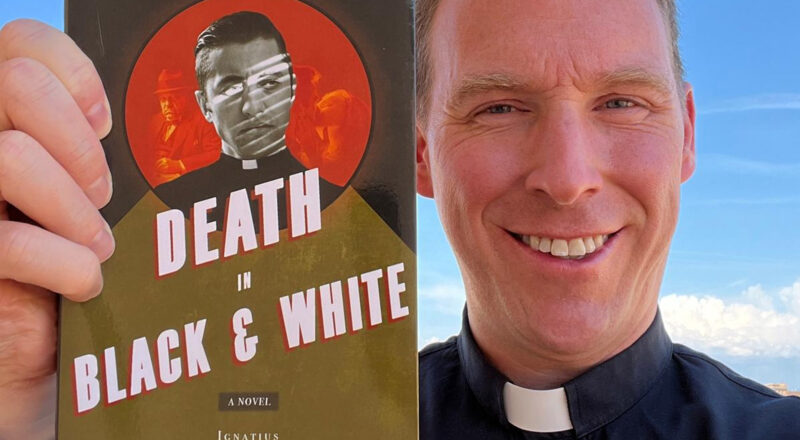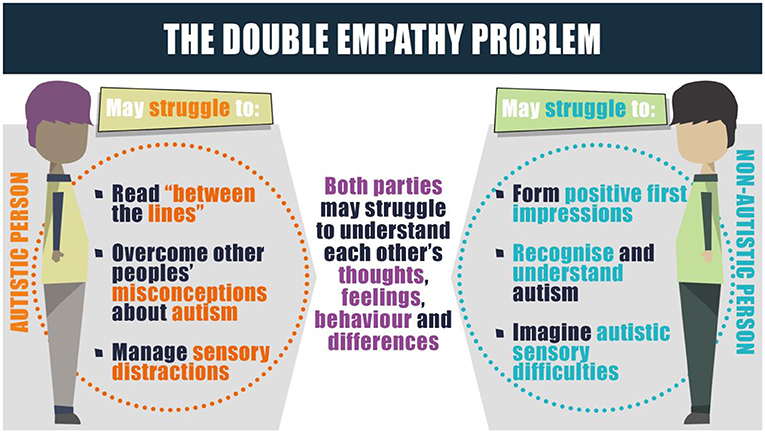The Dallas Charter and norms in every diocese are very clear that a priest who is accused of abuse of a minor is put on administrative leave based solely on the accusation and it is announced at the parishes he served at in case other victims want to come forward. If the accusations are shown to be founded, more likely true than false, or other similar terminology, the priest is laicized. Once laicized, he is to reside away from any minors who are under the Church’s care. The Church is not obliged to support such a man financially, but can sometimes provide him space in a retirement home far from minors.

When all this happened to Auxiliary Bishop Alexander Salazar of Los Angeles, a completely different process happened. I want to point out how his path worked as I think it is important in arguing for similar norms for abusive bishops. I will cover his case up to 2018, recent updates, improvements, and a call to go further. Bishops should have the same or similar rules as priests.
Accusations Against Salazar Dealt With Differently
The diocese first received an accusation against Salazar in 2005. Secret restrictions were put on his ministry, but nobody was made aware of this publicly and there were no announcements at parishes so more victims could come forward like would happen with a priest. In December 2018, he was given the opportunity to resign rather than being forced out against his will and Pope Francis accepted his resignation.
The Archdiocese of LA noted that the Vatican, “investigated and permitted Bishop Salazar to remain in ministry subject to certain precautionary conditions, which he has respected.” So, the Vatican investigated the case and deemed it likely enough to restrict his ministry. When the diocesan review board was recently given permission to investigate, they concluded he should be removed from public ministry. Yet, after the first investigation, he was not removed from ministry. Even in 2018, there was no word of laicization.
Updates on Salazar
In 2023, Salazar pleaded no contest to two sexual felonies with minors and was put on the sexual offender register. This was a plea deal where he was given a 6-year suspended prison sentence and 5 years probation.
As he is on the sex offender registry, his location can be tracked and people found him living on parish grounds. The local Fox channel reported:
Survivors of sexual abuse by convicted pedophile Bishop Alexander Salazar have made a troubling discovery; their abuser is living on the grounds of St. Mary Magdalen Catholic Church on South Corning Street in Los Angeles.
The revelation has reignited concerns about children’s safety and the Archdiocese’s accountability.
“My concern is for the safety of children,” said one survivor, who requested anonymity. “My concern is the fact that no one knows about this.” […]
“A convicted child molester living on campus where children attend catechism, confirmation classes, and Sunday masses, raises serious safety concerns,” [Anthony] DeMarco said
The same report notes, the archdiocesan statement includes the line:
The Archdiocese is required under canon law to provide him with certain housing and care as with all clergy of the Archdiocese.
That implies he has not been laicized. If a priest is legitimately laicized, like for abusing a minor, the diocese is under no legal obligation to house him. There is no way a priest would not have been laicized by now if they had the same accusations, and findings in both ecclesiastical and criminal courts. (Also, they could house him in a senior care center further away from minors, rather than at his old parish.)
Bishops need to live by the same standards as their priests.
Improvements
In recent years, the Vatican has improved how it handles bishops who do not properly deal with abuse. Vos Estis Lux Mundi is a recent vacation document for procedures against bishops who fail to report or deal with abuse by priests properly. I think this is very valuable as a lot of the scandal has come from how bishops responded to abusive priests. Its implementation has been a little shaky as can be seen in reporting by The Pillar, but overall this is a step in the right direction. Hopefully, we can continue to move in the right direction here.
However, nothing has been done about how we deal with bishops who abuse. McCarrick was the most public case of this. He was at least laicized. Salazar is also a pretty clear case of this and 6 years after his resignation from being an active bishop, he has not been laicized.
A Plea for the Same Norms for Bishops
In Evangelii Nuntiadi 41, Paul VI said, “Modern man listens more willingly to witnesses than to teachers, and if he does listen to teachers, it is because they are witnesses.” Bishops are called to be teachers of their priests, but they are also called to be witnesses. Following Paul VI, they must be witnesses first. Part of witnessing to their priests is living by the same norms as their priests. Saying “rules for thee, but not for me,” is a form of leadership that no longer works (if it ever did). But currently if accused of abuse there are radically different sets of rules. (This radical difference in norms may even motivate abusers to seek to become bishops to protect themselves, which is bad for the Church.)
Next month, the USCCB will have a fall plenary assembly. I ask for one simple change: everywhere that the Dallas Charter speaks about a priest or deacon accused of sexual abuse or other sexual misconduct, add “bishop, archbishop, or cardinal.” (They may need to add something about how to deal with it if the bishop is an ordinary, that is they head a diocese, so would usually oversee the investigation.) That would show leadership. This would prevent future scandals if another bishop ends up as an abuser.










[…] Open the full article on the frmatthewlc.com site […]
Solid article. It is troubling when priests who criticize a bishop’s action are often swiftly and harshly desalt with the silence them. Even when they follow proper Church tradition and law.
Sexual transgression, even very grave ones, appear to be more easily ‘forgiven’ and treat with more understanding and kindness, especially if the accused has the right connections or elite status. This is not just. Without justice there can be no true mercy. The Code of Cannon Law was amended to, in part, address all these sexual abuses and scandals. In reading Canon 1326, it seems the intended punishments have been willfully disregarded.
Can. 1326— § 1. A judge must inflict a more serious punishment than that prescribed in the law or precept when:
1° a person, after being condemned, or after the penalty has been declared, continues so to offend that obstinate ill will may prudently be concluded from the circumstances;
2° a person who is established in some position of dignity, or who, in order to commit a crime, has abused a position of authority or an office;
3° a person who, after a penalty for a culpable offence was constituted, foresaw the event but nevertheless omitted to take the precautions to avoid it which any careful person would have taken;
4° a person who committed an offence in a state of drunkenness or other mental disturbance, if these were deliberately sought so as to commit the offence or to excuse it, or through passion which was deliberately stimulated or nourished.
§ 2. In the cases mentioned in § 1, if the penalty constituted is latae sententiae, another penalty or a penance may be added.
§ 3. In the same cases, if the penalty constituted is discretionary, it becomes obligatory.